trending
neon
Cirque du Soleil offers summer ticket deals
dining out
Celebs ditch the Strip for iconic Henderson restaurant
july 
trending
neon
Cirque du Soleil offers summer ticket deals
dining out
Celebs ditch the Strip for iconic Henderson restaurant
july 
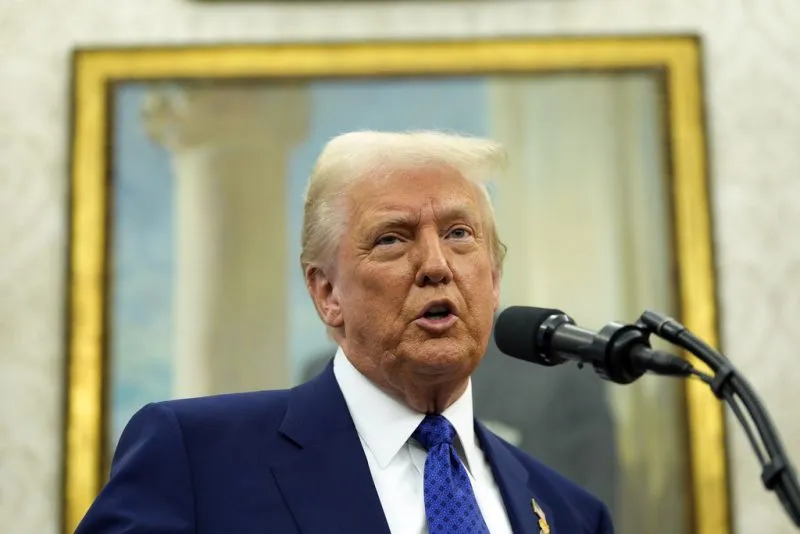
Former President Donald Trump's latest round of tariffs has sent shockwaves through global markets, leaving investors grappling with increased uncertainty. With businesses facing higher costs and trade tensions escalating, analysts weigh in on the long-term implications for industries, financial markets, and economic stability




President Donald Trump's trade policies have long been a topic of heated debate. With the introduction of new tariffs targeting various industries, the financial world is experiencing unprecedented volatility. This article explores the broader economic consequences, how markets are reacting, and the potential long-term impacts.
Trump’s latest tariffs aim to pressure foreign competitors, particularly China, to level the playing field for American manufacturers. These include:
Increased tariffs on steel and aluminum imports
Higher duties on Chinese electronics and machinery
New levies on European automotive imports
Targeted tariffs on agricultural products
The administration claims these measures are designed to protect American jobs, but economists warn of unintended consequences.
Markets have responded with sharp fluctuations. The S&P 500, Dow Jones, and NASDAQ have seen increased volatility as investors adjust their portfolios to hedge against potential losses.
With uncertainty rising, many investors are shifting capital into bonds, gold, and other safe-haven assets. The 10-year Treasury yield has dropped, reflecting investor concern over long-term economic growth.
While some domestic manufacturers may benefit, those reliant on imported raw materials are facing rising costs. Companies like Boeing and GM have expressed concerns about supply chain disruptions.
The increased tariffs on Chinese imports have placed tech companies in a difficult position. Rising costs for semiconductors and hardware are expected to lead to higher consumer prices.
Farmers have been hit hard, with China and other trade partners retaliating by imposing tariffs on American agricultural products. Soybean, pork, and dairy farmers face declining exports and revenue losses.
Trump’s tariffs have strained relations with key trading partners, leading to:
Retaliatory tariffs from China, the EU, and Canada
Disruptions in US-Mexico-Canada Agreement (USMCA) trade flows
Diplomatic negotiations with the WTO over tariff disputes
Economic experts are divided on whether these tariffs will lead to renegotiated trade deals or prolonged economic instability. Some argue that they provide leverage for the US in negotiations, while others warn of potential recessionary effects.
As trade tensions escalate, investors must remain cautious. Diversifying portfolios, monitoring emerging markets, and staying informed on policy changes will be crucial in navigating this volatile economic landscape.
Former President Donald Trump's latest round of tariffs has sent shockwaves through global markets, leaving investors grappling with increased uncertainty. With businesses facing higher costs and trade tensions escalating, analysts weigh in on the long-term implications for industries, financial markets, and economic stability
the latest
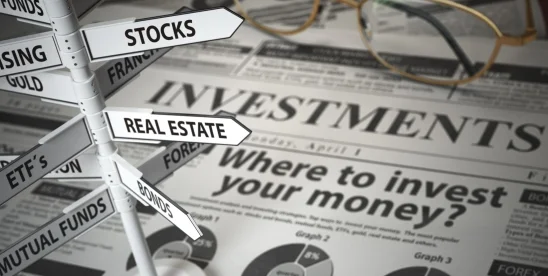
CFIUS Tightens Rules on Foreign Investments in the U.S
The Committee on Foreign Investment in the United States (CFIUS) has introduced stricter regulations targeting investments from specific countries, citing national security concerns
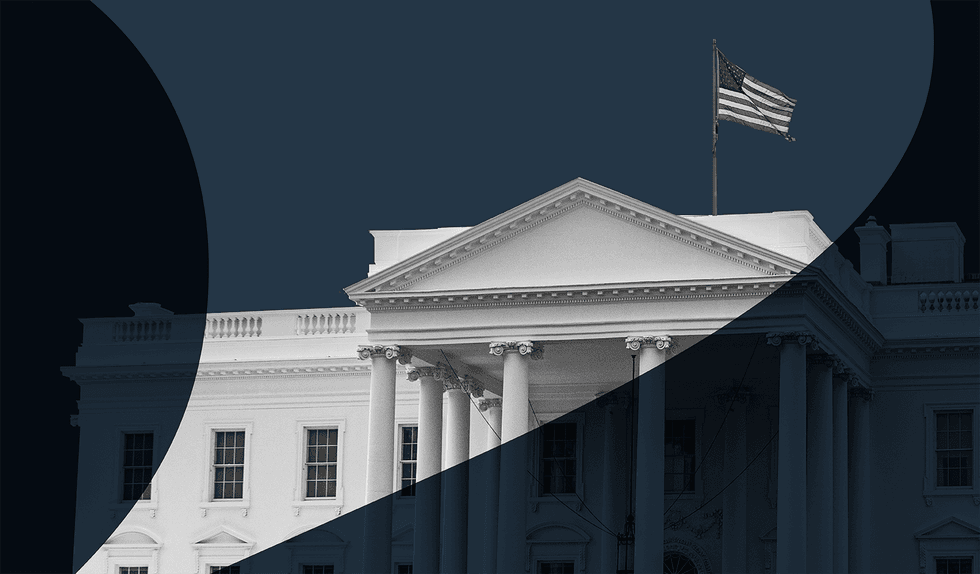
White House Releases 'America First Investment Policy' Memo
The White House has unveiled its latest initiative, the 'America First Investment Policy' memo, outlining strategies to attract foreign capital while prioritizing domestic industries. The policy aims to enhance job creation, boost American businesses, and redefine trade relations to favor U.S. economic interests

Trump's Tariffs Unleash Investor Uncertainty: Next Steps
Former President Donald Trump's latest round of tariffs has sent shockwaves through global markets, leaving investors grappling with increased uncertainty. With businesses facing higher costs and trade tensions escalating, analysts weigh in on the long-term implications for industries, financial markets, and economic stability
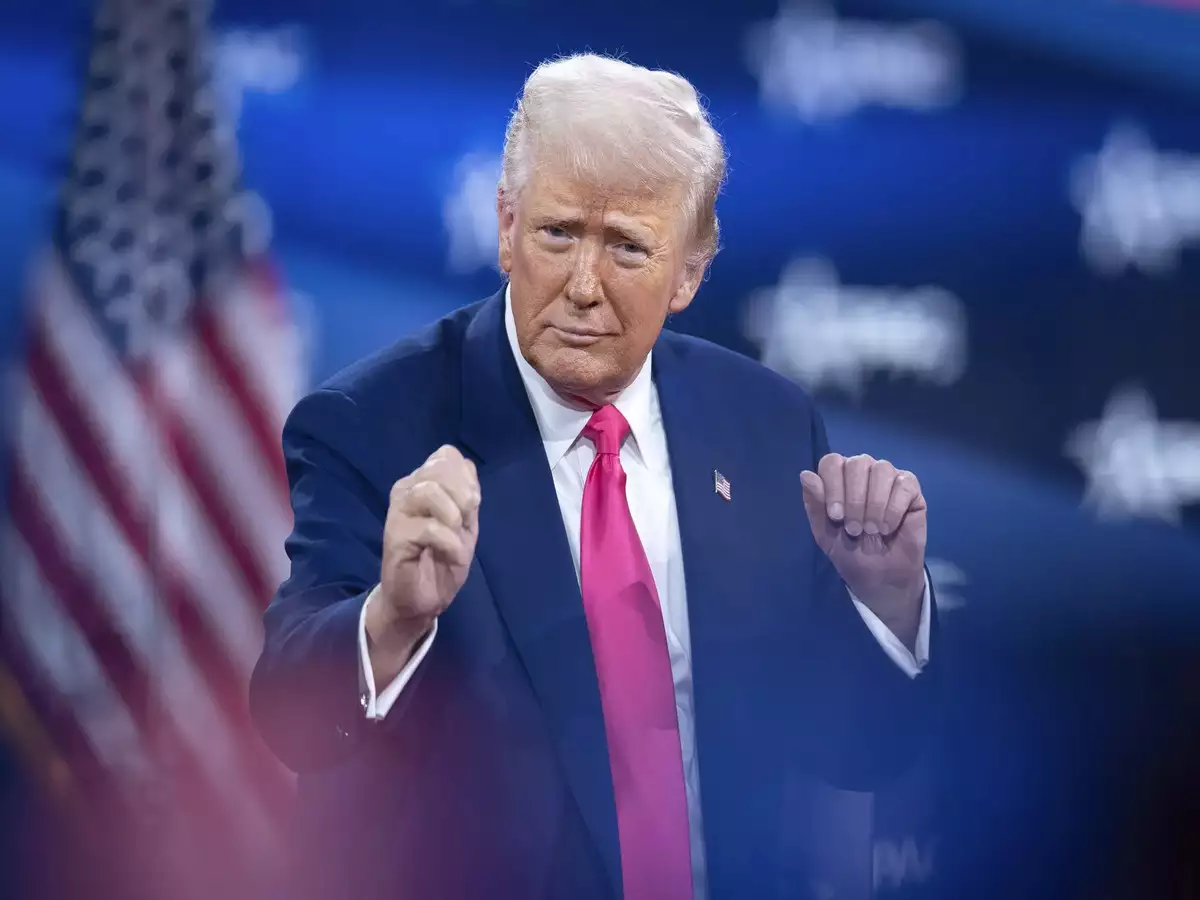
Trump's Red Carpet Plan for Wealthy Foreign Investors
Former President Donald Trump is pushing a new visa policy that offers wealthy foreign investors a fast-tracked path to U.S. residency. The plan, dubbed the "Gold Card" visa, requires a $5 million investment in key industries but faces criticism for favoring the ultra-rich
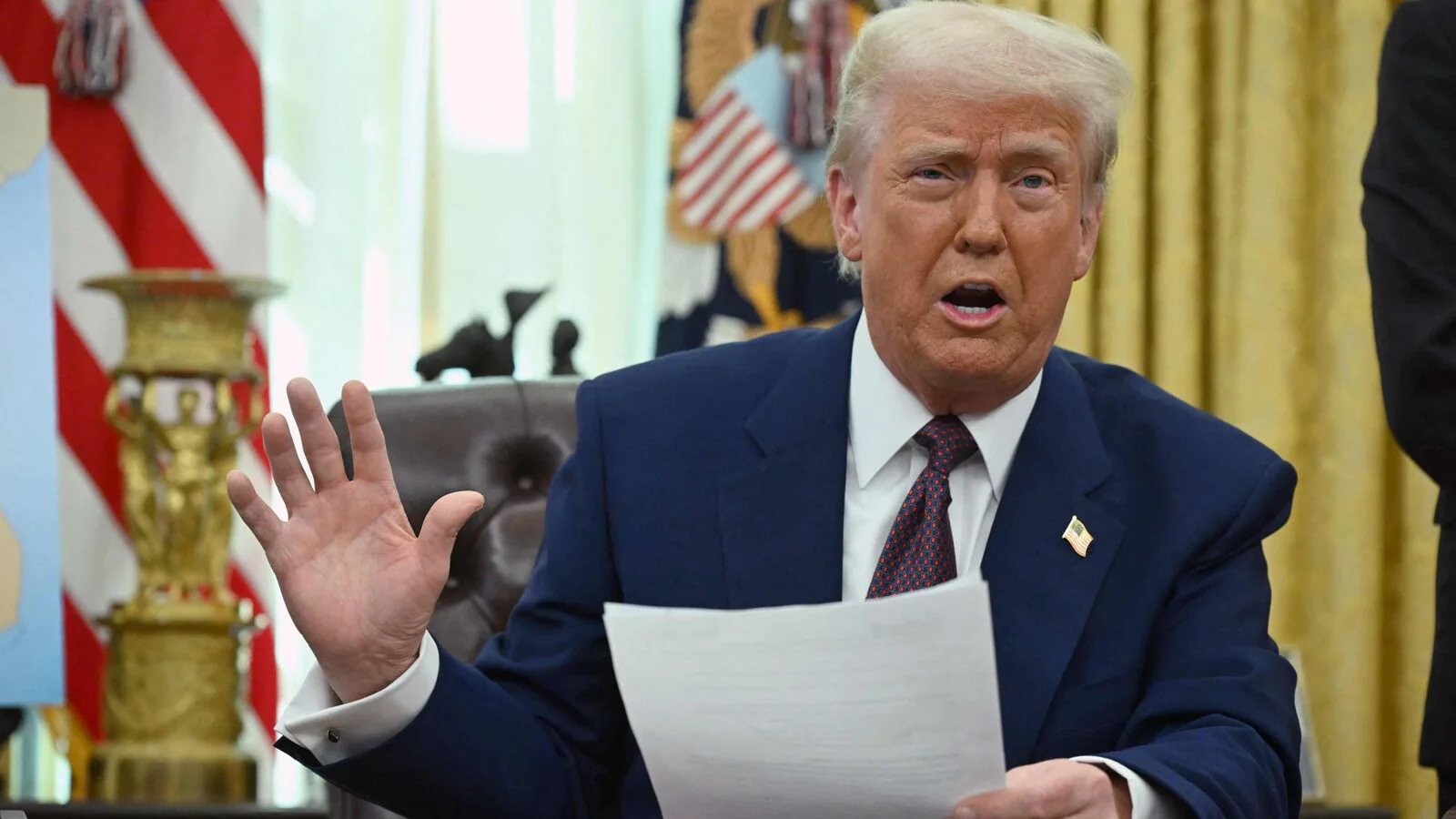
How Trump’s $5M ‘Gold Card’ for Rich Migrants Works
Donald Trump’s proposed $5 million "Gold Card" visa seeks to fast-track residency for wealthy investors, aiming to boost the U.S. economy through capital inflows
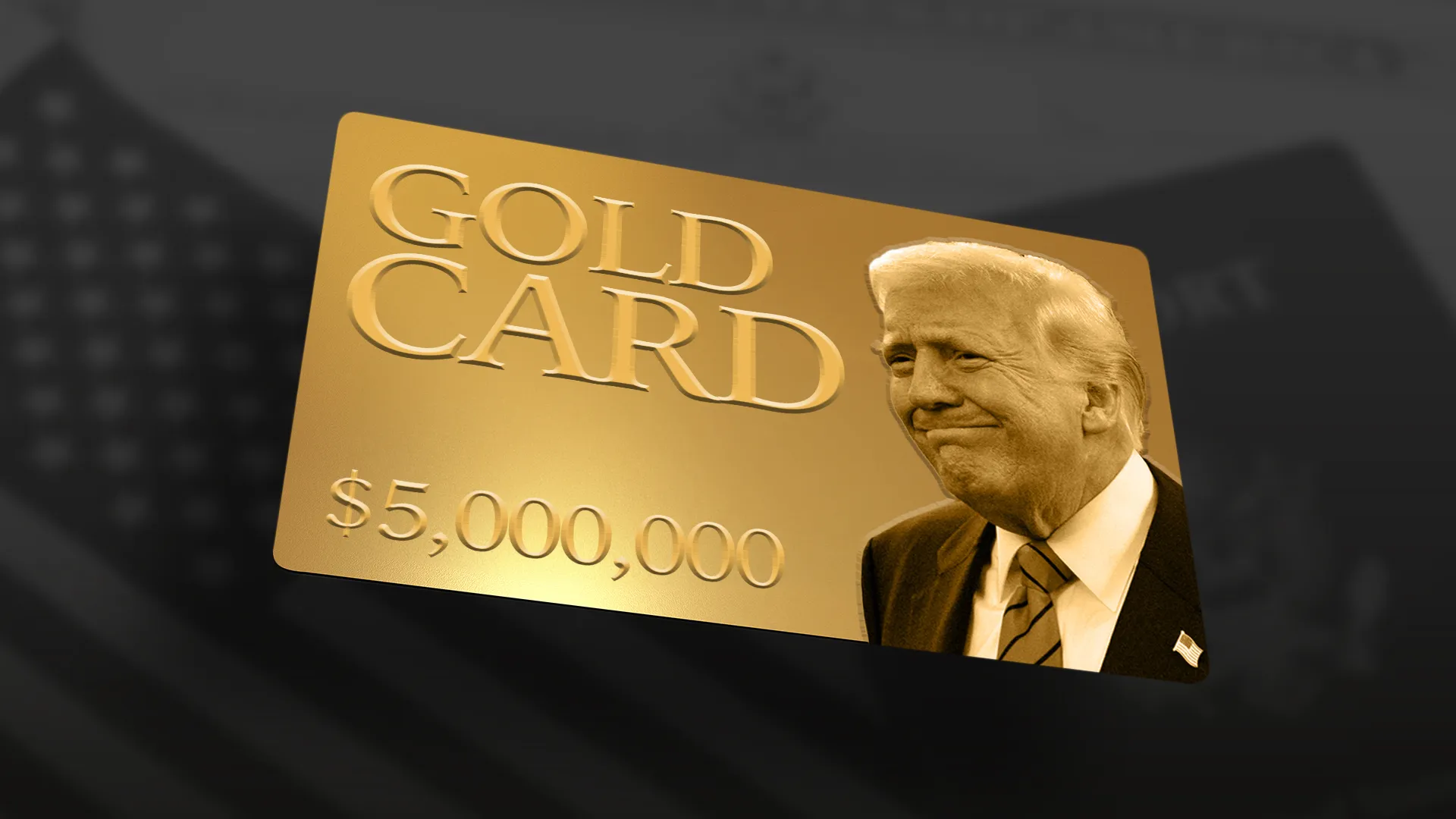
Details Emerge on Trump’s $5M ‘Gold Card’ Visa Plan
Donald Trump’s proposed $5 million "Gold Card" visa seeks to attract high-net-worth individuals to the U.S., promising economic growth and investment opportunities
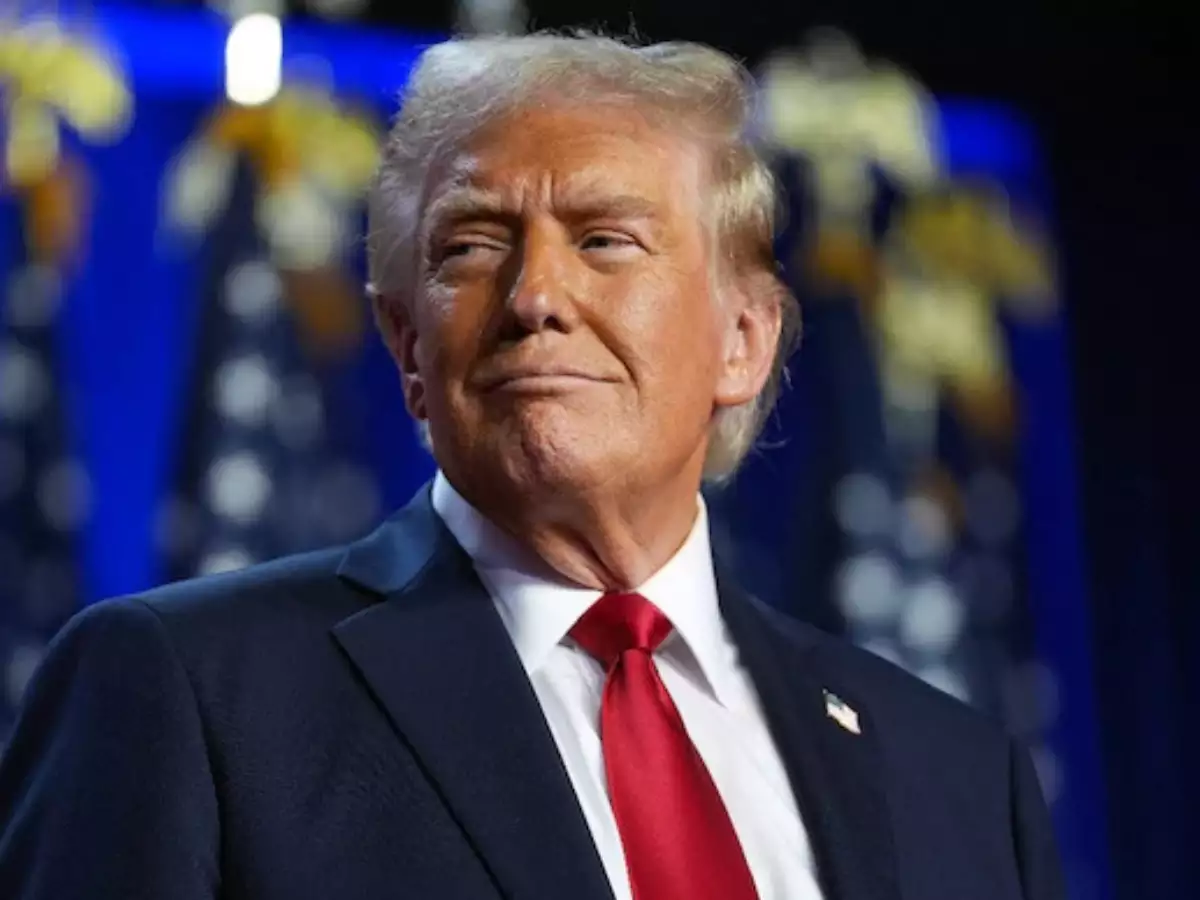
Investing Amid Volatility in Trump’s Second Term
As Donald Trump begins his second term, market volatility remains high. Investors are looking for strategies to navigate economic uncertainties and capitalize on policy shifts

Why U.S. Stocks Are Still a Smart Investment
U.S. equities continue to outperform, driven by strong earnings, economic resilience, and innovation. Investors remain bullish on long-term market growth
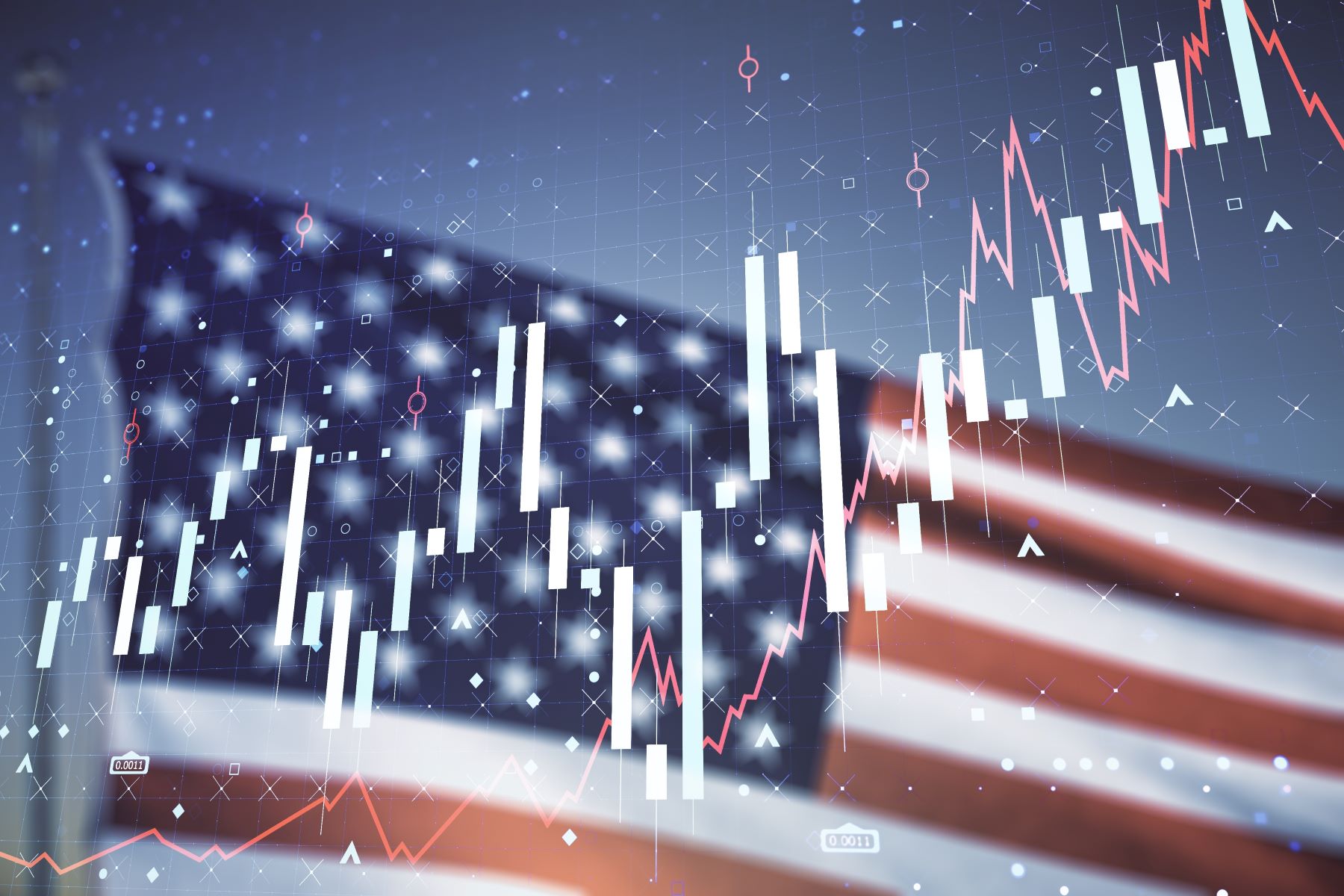
Stock Market Trends: The Impact of U.S. Investment Regulations
U.S. investment regulations play a crucial role in shaping stock market trends. This article explores the impact of regulatory changes on investor behavior, market volatility, and long-term market outlook